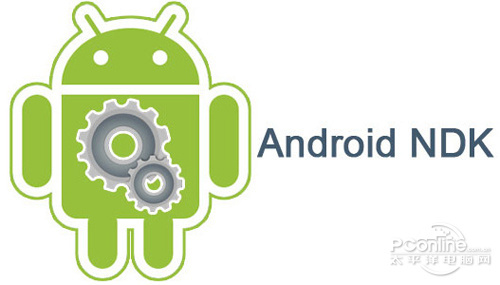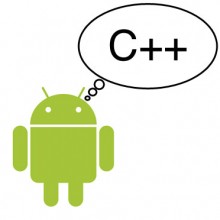
Native activities and access physical device components, such as sensors and
Android ndk r14bx86 code#
Instructions on adding support for unified headers toįor additional information about unified headers, see our docs and the tracking bug.The Native Development Kit (NDK) is a set of tools that allows you to use CĪnd C++ code with Android, and provides platform libraries you can use to manage This option is not currently available in the legacy script, make-standalone-toolchain.sh, but only in make_standalone_toolchain.py. When creating your standalone toolchain, pass -unified-headers. If you're using CMake via Gradle with externalNativeBuild, you can use: Take the form of invoking CMake with cmake -DANDROID_UNIFIED_HEADERS=ON When configuring your build, set ANDROID_UNIFIED_HEADERS=ON. If you're using ndk-build via Gradle with externalNativeBuild, specify theįollowing configuration settings in adle:

You can also set this property from the command-line like this: How you opt-in to unified headers will depend on your build system. Haven't enabled the new headers by default, though we'll be doing this in r15. To ease the transition from the legacy headers to the unified headers, we


To use GCC, pass -D_ANDROID_API_=$API when compiling. Standalone toolchains using GCC are not supported out of the box (nor will theyīe). Rather than a compile time error if you use an API that is not available in your In those cases you'll receive a link time error (undefined reference) The API #ifdef guards do not exist in third-party headers like those found in You file bugs, the smoother the transition will go. Note that we'll be removing the old headers from the NDK with r16, so the sooner Need to use all the API calls via dlopen/ dlsym, but you'll at least haveĪccess to all the constants and #defines that you would need for invoking Sandwich even though that library wasn't available until KitKat. The GLES3 headers are now accessible on Ice Cream This should make it easier to conditionally use new APIs when you have an As always withīeyond the Linux headers, you'll also have modern headers for OpenGL, OpenSLES,Įtc. On a device with a kernel new enough to support every syscall. To keep in mind: just because you have the headers doesn't mean you're running Porting existing Linux code (especially low-level things). Now bugfixesĪre available regardless of your NDK API level.Īside from bugfixes, this also means you'll have access to modern Linux UAPI This meant that any time we fixed a header-only bug, the fix was onlyĪvailable in the latest version aside from the occasional backport. The prior approach relied on periodically-captured snapshots of the platform These headers by #if _ANDROID_API_ >= _ANDROID_API_FOO_ preprocessor
Android ndk r14bx86 android#
The availability of APIs for each Android platform is guarded in Than having one set of headers for every target API level, there's now a single We've completely redone how we ship platform header files in the NDK. You can now use thread_local for statics with LTO with Clang now works on Darwin and Linux.Updated all the platform headers to unified headers (covered in detail.
Android ndk r14bx86 full#
So what's new in r14? The full changelog can be seen here, but the Is also available in the SDK manager via Android Studio.

The latest version of the Android Native Development Kit (NDK), Android NDK r14,


 0 kommentar(er)
0 kommentar(er)
